Burning Through Burnout
How sleep deprivation can impact burnout.
media by Eila Liu
Sophia Face ’25 lays her head on her computer during sixth period to take a brain break before starting the next assignment Nov. 10. Face takes breaks in between assignments to avoid getting tired and falling asleep in class. “[I] never [fall asleep in class] but [I do get burnout] quite often, especially on Mondays, because Monday is the start of a long week.” Face said.
November 13, 2022
After being constantly depleted of energy, people may not be able to function anymore. This may not just be procrastination at work, it might be burnout. Often characterized by fatigue, insomnia, and stress, burnout is one of the many topics related to mental as well as physical health.
Burnout can cause fatigue, irritability, and more. Multiple studies by the Mayo Clinic suggest it can affect the chances of heart disease. However, even when people are wary of burnout, sleep is often unaccounted for due to factors such as work, procrastination, and time management. Rest has a strong effect on burnout.
“[I get burnout] quite often, especially on Mondays, because Monday is the start of a long week. Especially when you know a lot of tests are coming up, [there’s burnout],” Sophia Face ‘25 said.
With eight hours of sleep on average during school days and three to nine hours on the weekends, Face tends to get less sleep on the weekends rather than on the weekdays. While she tends to become burned out on Mondays, Face comments that the schoolwork is much more taxing.
“It depends, if I do like a lot on the weekend and stay up late, I’m definitely burnt out on the Monday that follows. But, most of the time it doesn’t really affect it. It’s more the stress or the million tests that come up in a week,” Face said.
Adding to this, she mentions specific examples of schoolwork.
“It also doesn’t help that I don’t have a lot of time during the week because I have a ton of homework, especially with my AP European History daily readings. It’s kinda a lot,” Face said.
English teacher Devan Daugette also experiences burnout.
“I get burnout a lot. It’s mostly my own fault because I don’t have the best work habits and I’ve struggled for a long time with procrastination. But, that happens even to this day, like both when I was a student and now. I mean, sometimes I’ll plan what I’m doing this week, the weekend before, you know, so there’s not a lot of notice,” Daugette said.
AP Psychology teacher Kathryn Lemeshewsky talked about how working with students after the Covid-19 pandemic affected her burnout.
“[Students] didn’t understand the importance of time management, and it was putting a lot on my plate. I was doing a lot of work because my job is to educate and mold and create relationships to build an open, honest, and inviting classroom. But, at the same time, if I’m doing all the work and nobody is giving back to me, then there’s an uneven balance,” Lemeshewsky said. “That uneven balance is what causes burnout. So, when one person is doing everything and the expectation is continuing, but nobody on the other side is giving the same amount, it creates this feeling of being overwhelmed to the point that you just don’t feel like you can do anything anymore. And that’s burnout.”
Lemeshewsky went more into detail, mentioning how sleep, burnout, fatigue, and more affect each other.
“Sleep does correlate with illness in that when you don’t get enough sleep, it can impact your immune system and it can make you sick. That leads to stress, which then is not good for your immune system because you produce cortisol, a stress hormone. And then every single time you get stressed out, it makes you sicker,” Lemeshewsky said.
In a Mayo Clinic Q&A, doctor Eric J. Olson backed up Lemeshewsky’s claims through an explanation of how lack of sleep can affect the immune system by bringing up the release of cytokines, a protein in the body.
Even so, when aware of how sleep correlates with burnout and sickness, many tend not to take action against it. According to a Mayo Clinic article, people often ignore how stress can affect their heart health.
“It’s easy to say I really want to get a lot of sleep. But when you procrastinate and put things off until the last minute, then you’re up late,” Lemeshewsky said.
Overall, burnout is affected by multiple variables consisting of amounts of work, habits, etc. So, how to prevent burnout? People can’t change the amount of work given, so instead, alter how it’s managed. A Mayo Clinic article by Tiffany Casper, a family medicine physician in Wisconsin, suggests practicing healthy habits and setting more time for self-indulgence. According to another article from Mayo Clinic, trying a relaxing activity such as yoga also has a chance of brightening up your mental health.

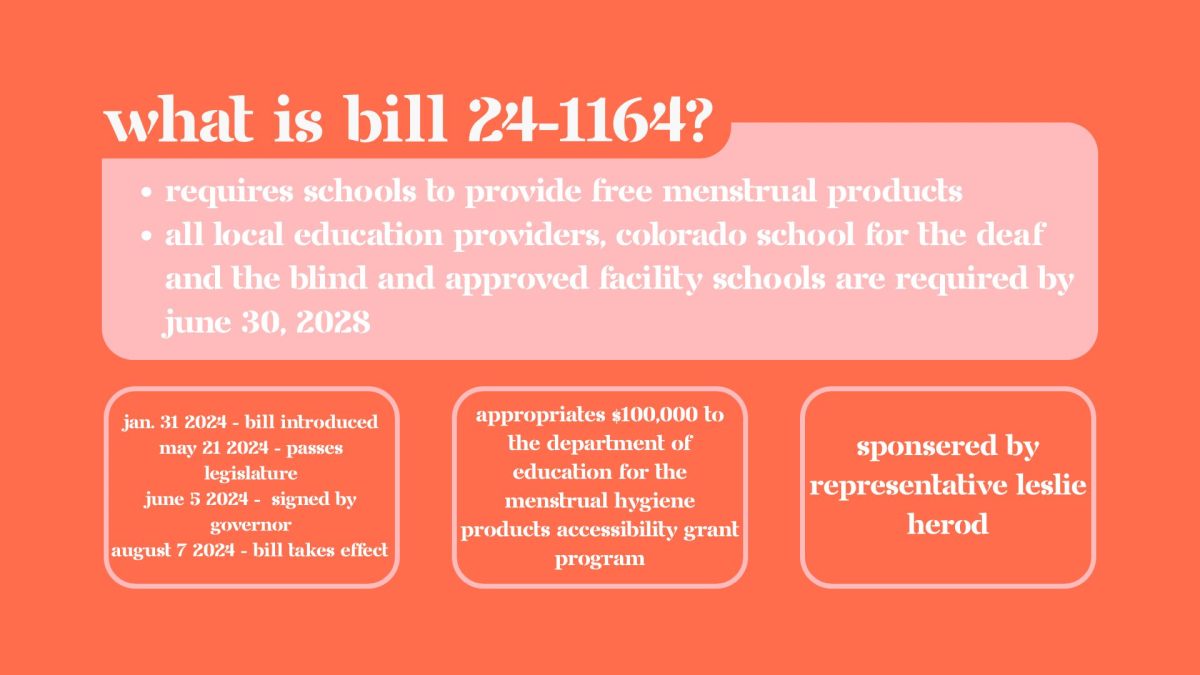

![Minutes before the Activities Fair in the gym, president Abhi Gowda ‘26 prepares the stall for his club Helping Hands, Sept. 4. A relatively new club, Helping Hands was co-started by Gowda and focuses on assisting the homeless, and just last year they succeeded in raising a couple hundred donations to send to shelters. This year, they have goals to expand, with hopes to increase volunteer opportunities and take in-person trips to shelters, as well as extend their help beyond just homeless people. “The Activities Fair gives a lot of underclassmen the opportunity to really get to know the Canyon culture, and it gives them many opportunities for service and volunteering,” Gowda said. “[Through the Activities Fair,] I hope to find a bunch of new and passionate members about our club and just get our name out there and spread awareness to the cause that we’re fighting for.”](https://rockmediaonline.org/wp-content/uploads/2025/09/1-2-1200x885.jpg)







![The winter guard team makes fifth place at the state championship finals in the Denver Coliseum, March 30. The team performed to Barnes Country's “Glitter and Gold,” lead by coaches Margo Sanford, Blair Bickerton and Anna Orgren. In their class there were a total of nine groups participating, and the top five who made it to finals received a plaque. “[Walking onto the stage] is very nerve-wracking, but also very exciting as well. When you first start color guard there's a lot of anxiety and uncertainty when you first perform in front of an audience, but once you've done it for a while, it starts to become the best part of the season,” Ella West ‘25 said. “It's very fulfilling to see an audience react to something you've put your heart and soul into.”](https://rockmediaonline.org/wp-content/uploads/2025/04/Both-socal-media-nd-website-main-1-1200x846.jpg)


![April marks the 25th anniversary of Sexual Assault Awareness Month, created by the National Sexual Violence Resource Center (NSVRC). This month is to spread awareness of the harassment, assault and abuse that happens around the world. The symbol that represented the month was a teal ribbon; however, some survivors of assault create different symbols and movements like the TikTok trend in 2022, where survivors would tattoo Medusa on their body, in honor of her backstory in Greek Mythology. “I don't think [this month is known] at all. I rarely see anybody talk about it. I rarely see much of an emphasis on posting it online, or much discussion about it, and I feel like there needs to be way more discussion,” an anonymous source said. “I think just validating every experience that a person has gone through, regardless of the degree of it, the severity, is an essential step into making sure that people are aware that this is a very real problem in a society and that we need to do better in addressing it.”](https://rockmediaonline.org/wp-content/uploads/2025/04/IMG_0011-1200x900.jpg)

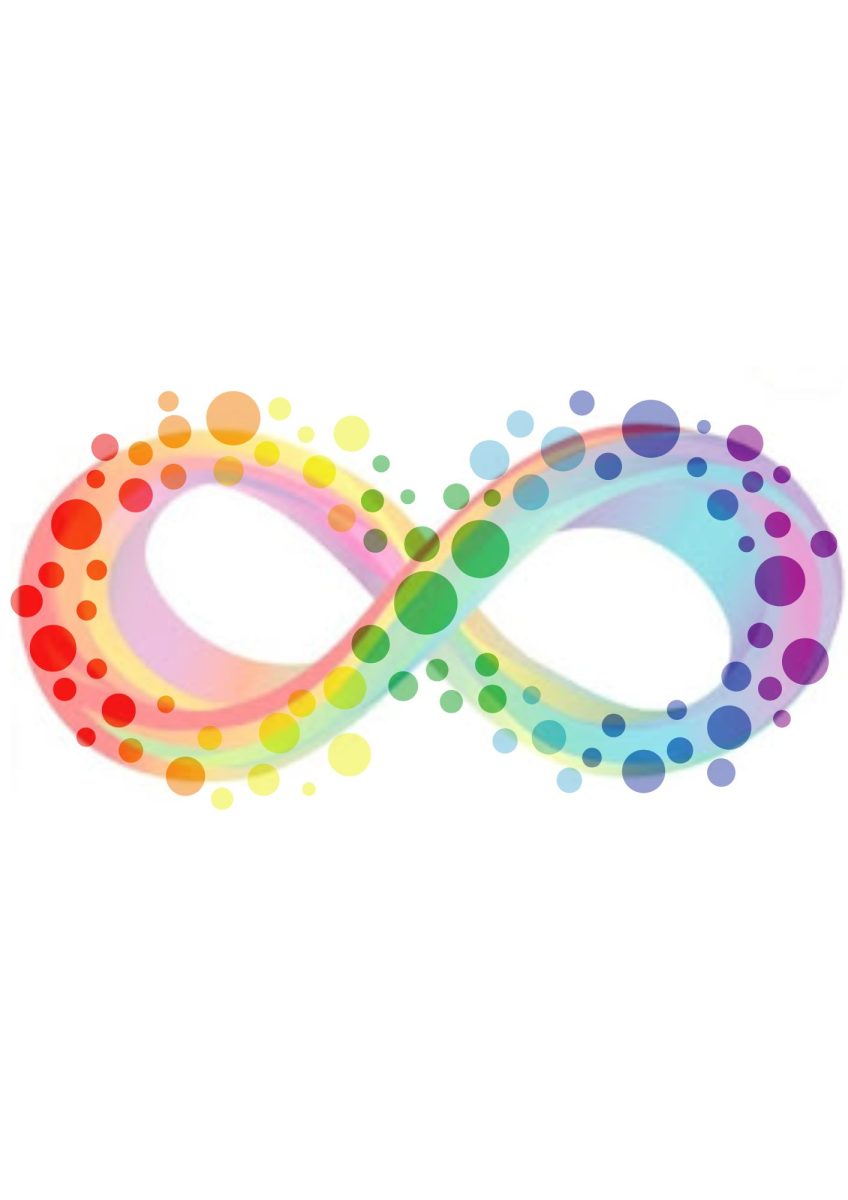

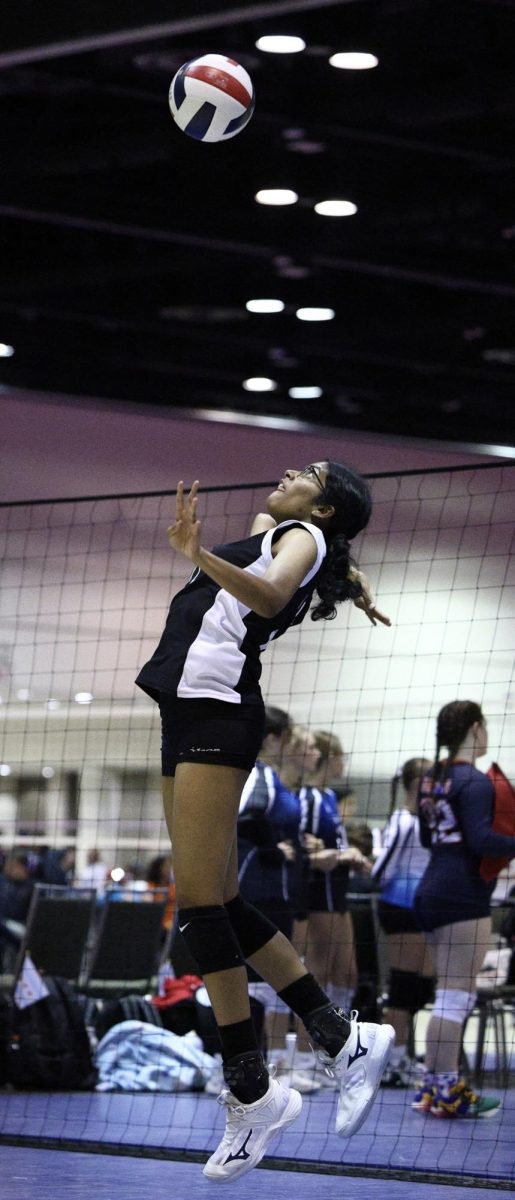


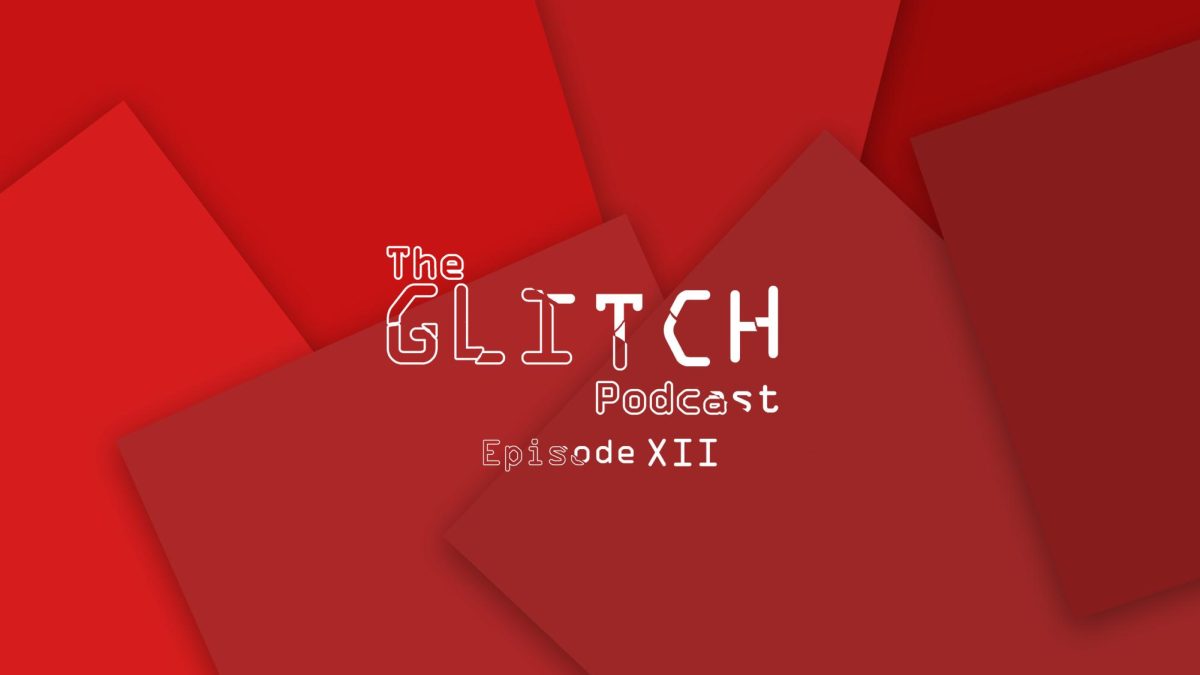
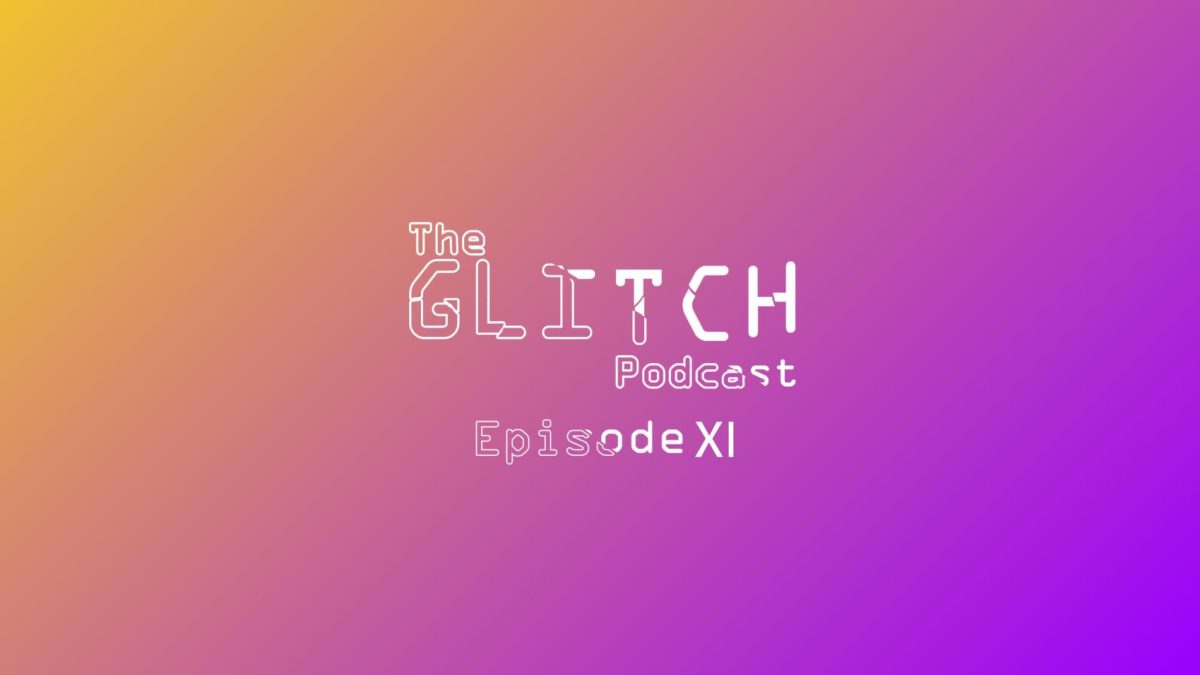


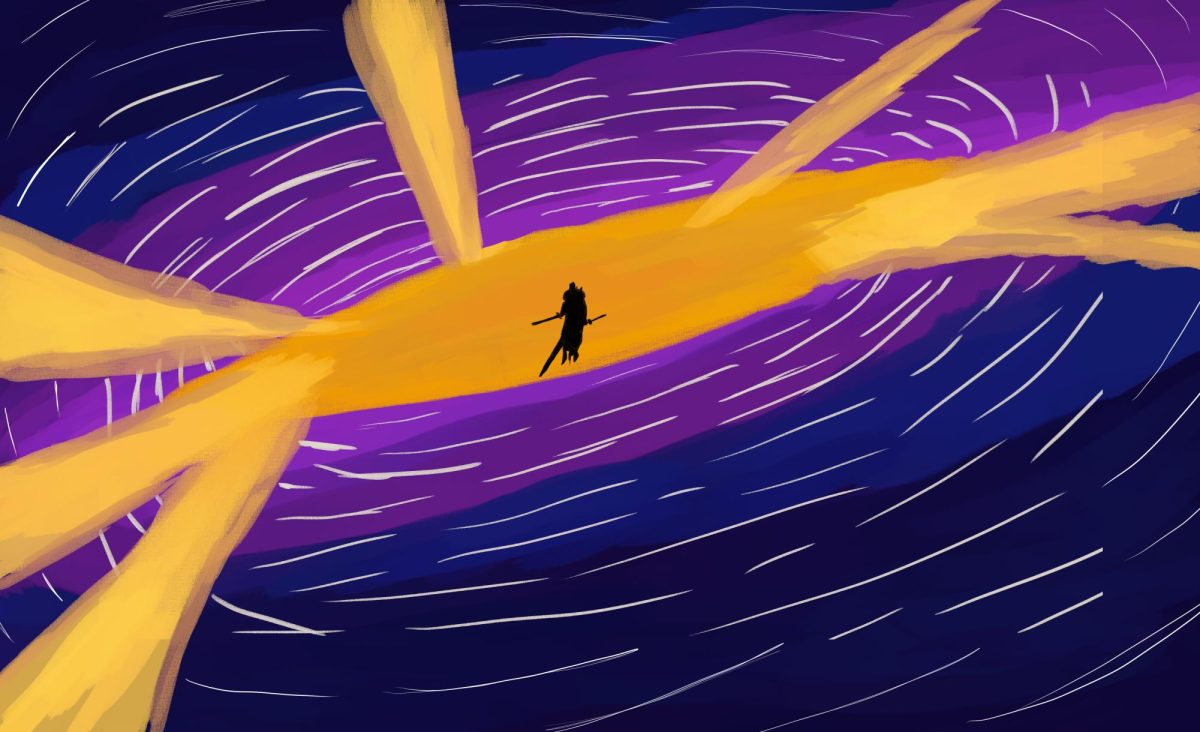

![Lesbian Visibility Day is April 26, and it’s a holiday to celebrate the lesbian community of the world. Lesbian Visibility day was established in 2008 by many queer activists and organizations who sought to raise more awareness for lesbian history and culture. “So this is why during Lesbian Visibility [Day] we celebrate and center all lesbians, both cis and trans, while also showing solidarity with all LGBTQ+ women and nonbinary people,” Linda Reily, in an article written by her, said.](https://rockmediaonline.org/wp-content/uploads/2025/04/Lesbian-Visibility-day.jpeg)




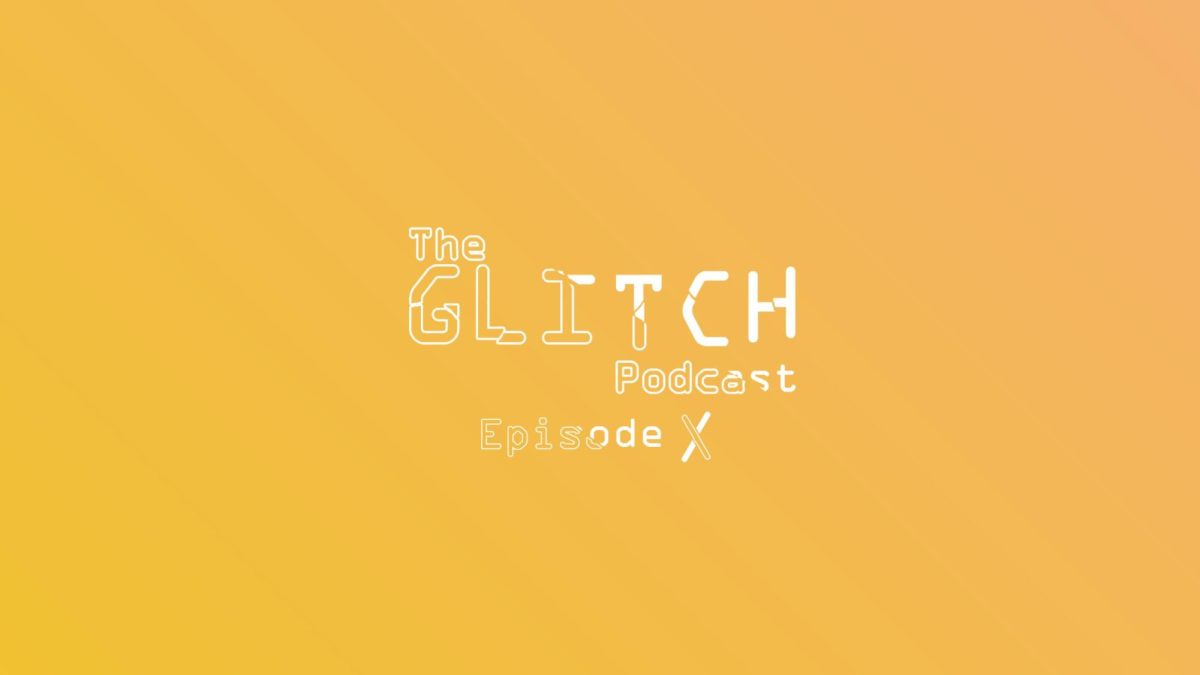
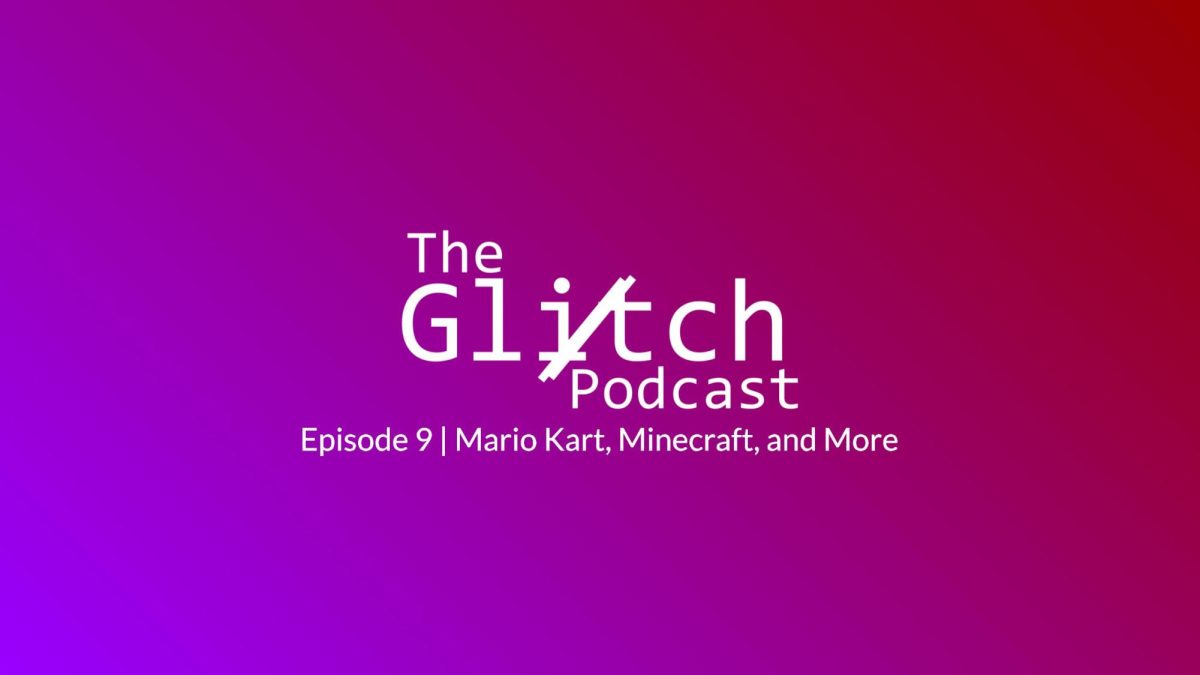
![Sophia Face '25 lays her head on her computer during sixth period to take a brain break before starting the next assignment Nov. 10. Face takes breaks in between assignments to avoid getting tired and falling asleep in class. "[I] never [fall asleep in class] but [I do get burnout] quite often, especially on Mondays, because Monday is the start of a long week." Face said.](https://rockmediaonline.org/wp-content/uploads/2022/11/image0-900x675.jpeg)